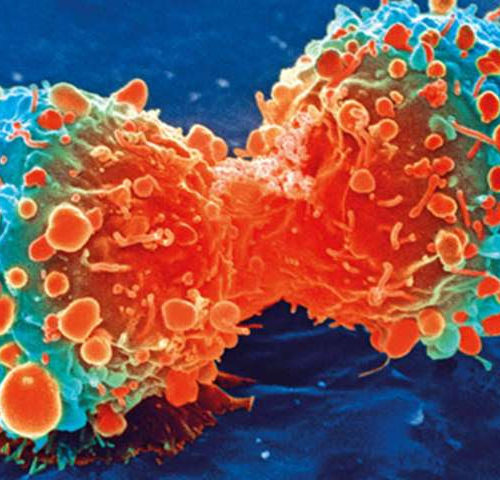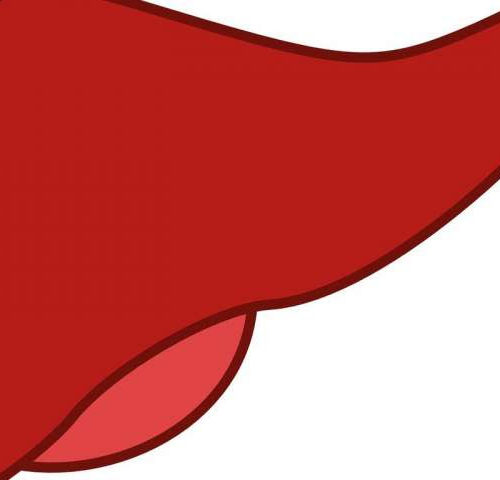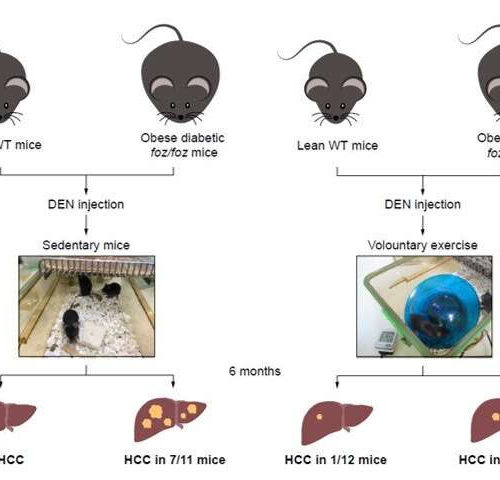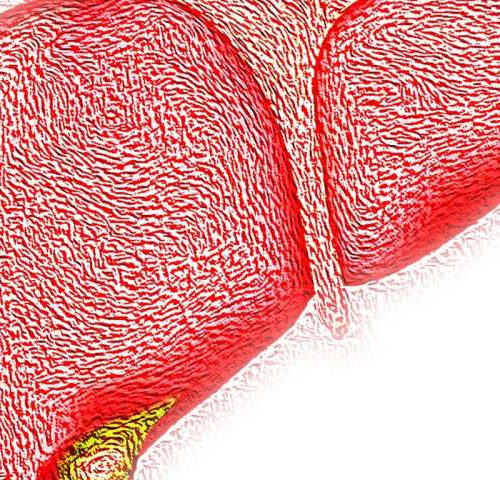Of all the hepatitis viruses, D is the most poorly known. This small virus, which can only infect people already infected with Hepatitis B, has so far been little studied. Hepatitis D is one of the most dangerous forms of chronic viral hepatitis because of its possible progression to irreversible liver diseases (cancer and cirrhosis, in particular)....
Tag: <span>Liver cancer</span>
New liver cancer research targets non-cancer cells to blunt tumor growth
by Perelman School of Medicine at the University of Pennsylvania “Senotherapy,” a treatment that uses small molecule drugs to target “senescent” cells, or those cells that no longer undergo cell division, blunts liver tumor progression in animal models according to new research from a team led by Celeste Simon, Ph.D., a professor of Cell and...
New treatment extends lives of people with most common type of liver cancer
by University of California, Los Angeles For the first time in over a decade, scientists have identified a first-line treatment that significantly improves survival for people with hepatocellular carcinoma, the most common type of liver cancer. Researchers found that the combination of atezolizumab, an immunotherapy drug that boosts the body’s natural defenses, and bevacizumab, an...
New study indicates exercise can help prevent liver cancer
by Elsevier Liver cancer is the fourth most common cause of cancer death worldwide and is growing rapidly due to the “diabesity pandemic.” A new study reported in the Journal of Hepatology, provides strong evidence that voluntary exercise could help prevent the most common type of liver cancer, hepatocellular carcinoma, and identifies the molecular signaling...
A new treatment for liver cancer
by Skolkovo Institute of Science and Technology In the latest issue of Molecular Therapy, Skoltech and MIT researchers have published a new combinatorial therapy for the treatment of liver cancer. Using a siRNA approach, a field in which Dr. Zatsepin (Skoltech) excels, coupled with lipid nanoparticle technology developed in the Anderson laboratory (MIT), the scientists...
Scientists discover the implication of a new protein involved in liver cancer
The finding has a clear clinical relevance, since it will facilitate patient selection to offer a more specific therapy IDIBELL-BELLVITGE BIOMEDICAL RESEARCH INSTITUTE Researchers at the Bellvitge Biomedical Research Institute (IDIBELL) have just described for the first time the crucial involvement of a cell membrane protein in the development and progression of liver cancer, according...
Infant with deadly leukemia saved by drug for adult liver cancer
by University of California, San Francisco UCSF Benioff Children’s Hospitals have successfully treated a months-old infant with a rare childhood leukemia using a targeted therapy approved for adults with inoperable liver cancer and advanced kidney cancer. The decision to use the drug, sorafenib, was made after pathologists identified a unique mutation in the form of...
Enzyme that helps protect us from stress linked to liver cancer growth
MEDICAL COLLEGE OF GEORGIA AT AUGUSTA UNIVERSITY AUGUSTA, Ga. (Aug. 22, 2019) – An enzyme induced by stress to help reduce production of damaging free radicals is also used by liver cancer to regulate two major cell proliferation pathways that enable the cancer to thrive, scientists report. They’ve also found that when they block the enzyme Nqo1, it dramatically reduces the proliferation of liver cancer cells, a hallmark of cancer’s...
Study ties unhealthy gums to liver cancer risk
By Catharine Paddock PhD Fact checked by Isabel Godfrey A large study of people living in the United Kingdom found that those who reported having poor oral health, such as sore or bleeding gums or loose teeth, had a 75% higher risk of developing liver cancer. Previous studies have already established that gums and teeth that are...
Radio-wave therapy proves effective against liver cancer cells
WAKE FOREST BAPTIST MEDICAL CENTER WINSTON-SALEM, N.C. – May 31, 2019 – A new targeted therapy using non-thermal radio waves has been shown to block the growth of liver cancercells anywhere in the body without damaging healthy cells, according to a study conducted by scientists at Wake Forest School of Medicine, part of Wake Forest Baptist Health. The study findings are published in...

